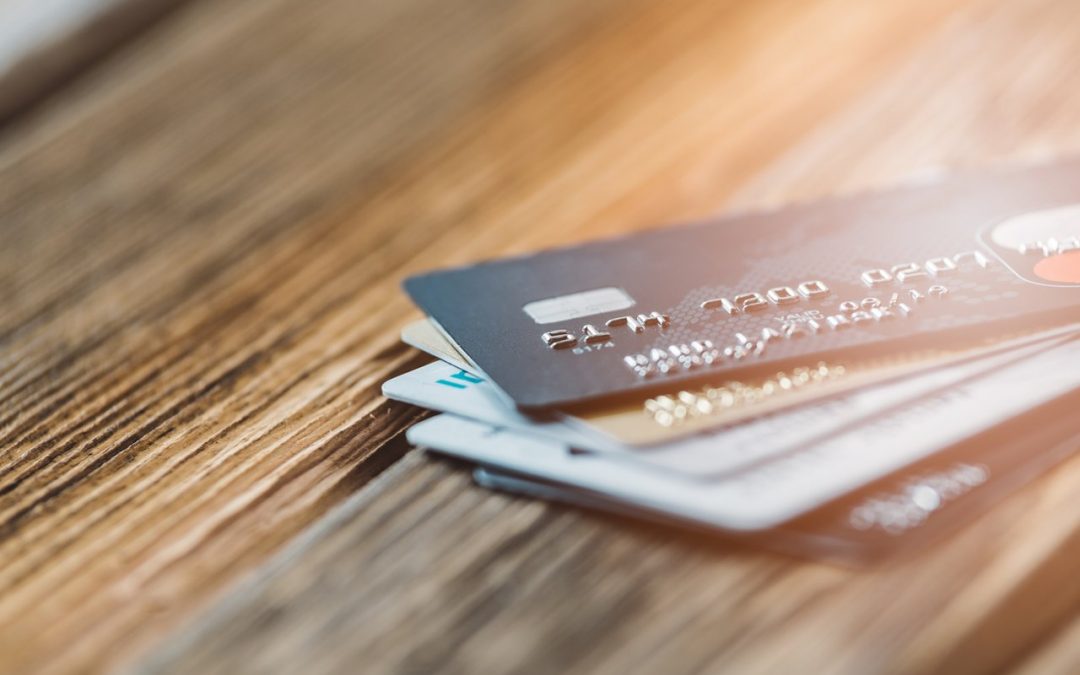Getting a credit card can be an important step towards building your credit history. This is important because it means that that lenders are able to evaluate your financial profile when it comes to getting bigger loans – such as a car or mortgage – in the future.
They’re also a valuable financial tool: so long as you’re vigilant about paying your balance each month, a credit card can help you with your budgeting or even earn you rewards on your monthly spending.
Credit card providers will run a credit check before offering you their services
You may not have much of a credit history yet, but lenders are still going to run that credit check before they offer you a card. This is a bit of a catch-22 situation, as the lack of history can be off-putting. Make sure you are registered to vote and have an open bank account, as these will count in your favour and help you to prove that you are who you say you are.
If possible, you could also look at putting some regular bills in your name – a mobile phone contract, for instance. As long as you pay in full and on time each month, this will definitely help you appear credible to lenders.
Work out which card features are important to you
Those shiny bits of plastic may all look alike, but there are actually some big differences which mean that you need to think carefully about what to put in your wallet. Think about which of the following perks and features would be most useful for you:
- Rewards – for instance, cashback or air miles. Some credit cards let you earn points for spending above a certain threshold, while others will pay you a set percentage back. These cards are generally useful for bigger spenders. If you’re only going to be using your credit card for a few smaller purchases each month, you may not see much of a return.
- 0% on purchases – often referred to as ‘purchase cards’, some credit cards will let you make purchases without paying any interest, usually for a set promotional period. These are really handy if you’re planning to make several larger purchases (e.g. furnishings for a new home) and then pay for them over several months.
- Credit building – some credit cards are designed specifically for people with poor credit scores. People who are refused a traditional credit card may be approved for a credit building card instead.
Once you know what’s important to you, you can use a comparison site to look at different cards and deals. Try not to be overwhelmed by the large array of cards on offer – just opt for a card that does what you want, with a reasonable interest rate and from a financial institution that you trust.
You can usually apply through a simple online application
The best way to apply is through the card provider’s website. They’ll ask for quite a lot of info. covering your financial circumstances as well as your personal details. The final step is the credit check, and after this they will usually let you know pretty quickly if your application is accepted. If so, you’ll be able to set up some key settings.
Most importantly, arrange for a direct debit to pay off the balance each month. Although you can opt to pay just the minimum payment, this is not recommended as it means you will end up paying far more in interest. The best option is to repay the full balance each month.

